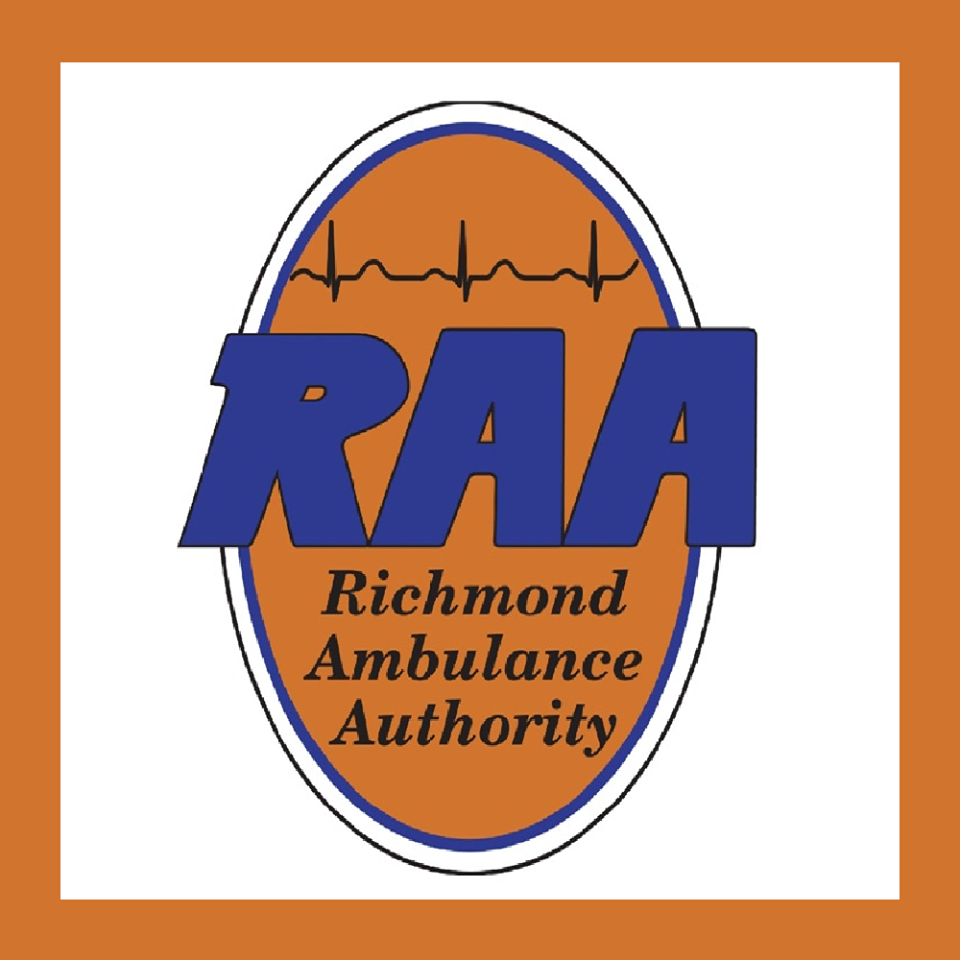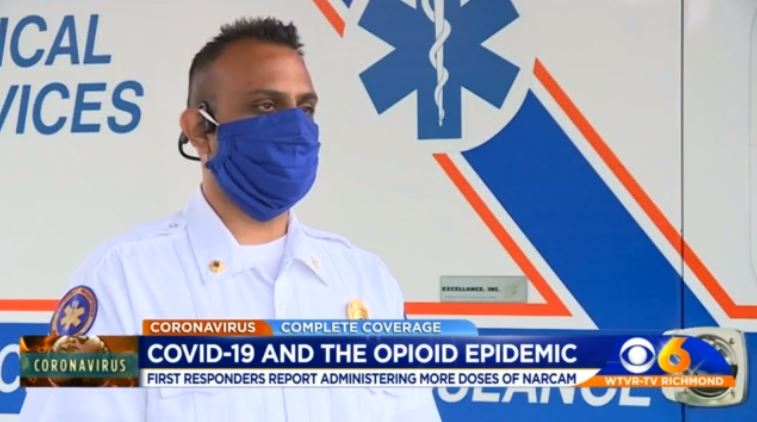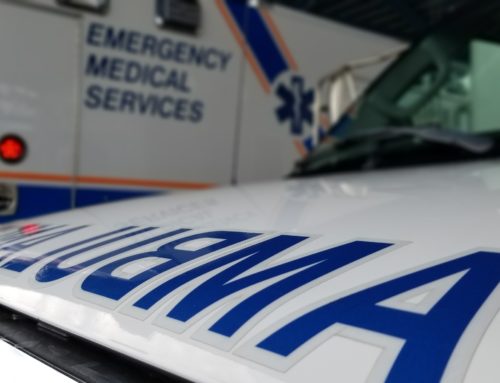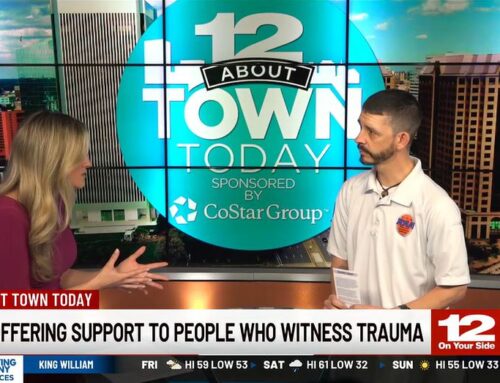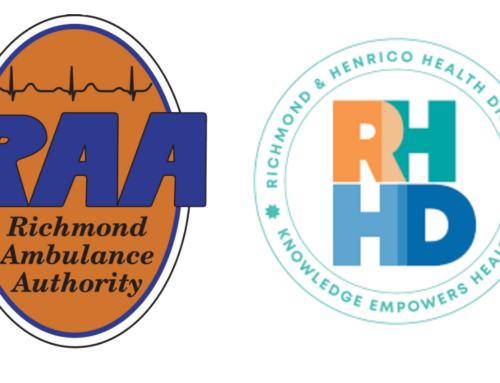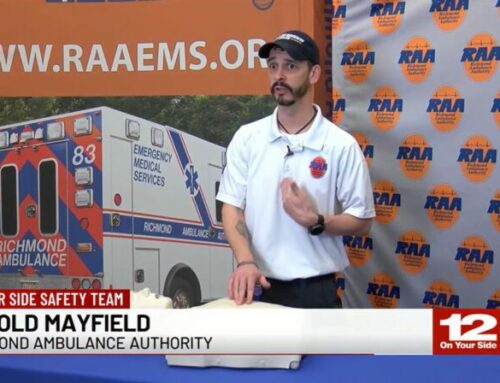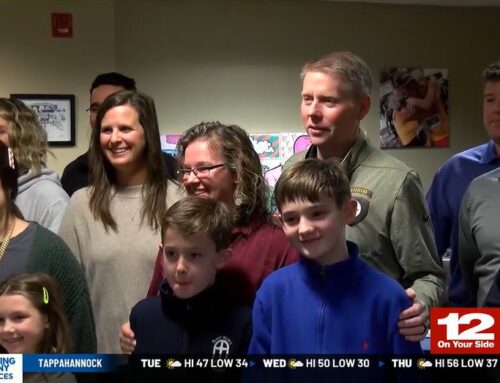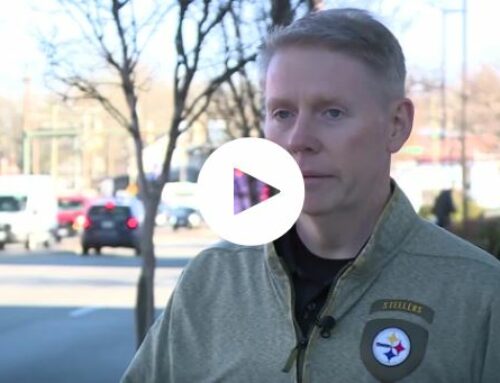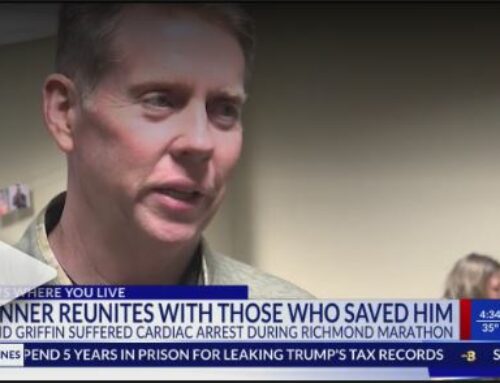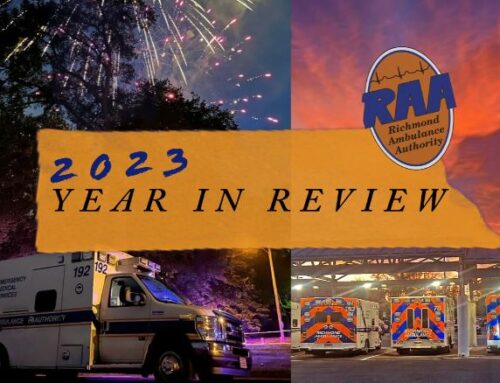This article originally appeared on wtvr.com
New data released on Monday show the use of a lifesaving drug in the City of Richmond has increased since the start of the COVID-19 pandemic.
Richmond Ambulance Authority (RAA) revealed the number of times so far in 2020 they administered Narcan, a drug that can reverse the effects of heroin or prescription painkillers.
For the months of March and April combined, RAA dispensed 180 doses of Narcan to patients possibly experiencing an opioid overdose.
Paramedics administered the medication 118 times during the same timeframe last year. RAA dispensed 160 doses during the months of March and April 2018 and 158 doses during the same months in 2017.
In 2016, 128 patients suspected of overdosing were given Narcan during the months of March and April.
Also referred by its generic name Naloxone, the drug blocks the effects of opioids on the brain and restores breathing within two to eight minutes.
“It’s definitely alarming since our numbers are a little bit higher compared to previous years,” said Maj. Amit Patel, RAA Director of Field Operations. “Addiction doesn’t always stop during a pandemic and we are definitely providing the care we can for those patients.”
RAA said they couldn’t definitively link the pandemic with the increase in Narcan administrations. But, they admit that the opioid epidemic persists and the addiction is prevalant in the community.
Courtney Nunnally, a peer recovery specialist, leads a sober life after experiencing her own addiction.
She teaches first responders ways to encourage patients to sign a release form following an overdose through a program called, “First Responders for Recovery.”
Those who do will be contacted by Nunnally within 48 hours and offered help to get them to a recovery center.
“The amount of calls that I get from individuals and the overdoses have nearly doubled it seems like,” she explained. “With the quarantine and cutting people off from access to those support groups and support resources, people are having a harder time maintaining sobriety.”
However, Nunnally has found that patients who have agreed to get help actually follow through during the pandemic.
“That’s the only positive I can find in it is the amount of people that are signing the waivers and allowing Richmond Ambulance Authority to give me their information,” she recalled. “A lot of times they aren’t really so willing to talk to me. Here lately, there’s a lot more people not only willing to talk to me, but that are just reaching out to me before I ever even reach out to them.”
Nunnally said you don’t have to experience an overdose to seek her help. You can call her at 804-624-7224 to be connected with resources.
RAA also found the number of responses in the city dropped about 20 percent for the month of April compared to last year. The total number of transports in an ambulance to a healthcare facility also dropped 30 percent.
A poll released in April showed 80 percent of adults are concerned about contracting the coronavirus if they visited an emergency room.
The same poll showed a third of adults have delayed or avoided seeking medical care due to concerns about contracting COVID-19.
RAA encourages anyone experiencing a health emergency to call 911 immediately.

